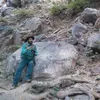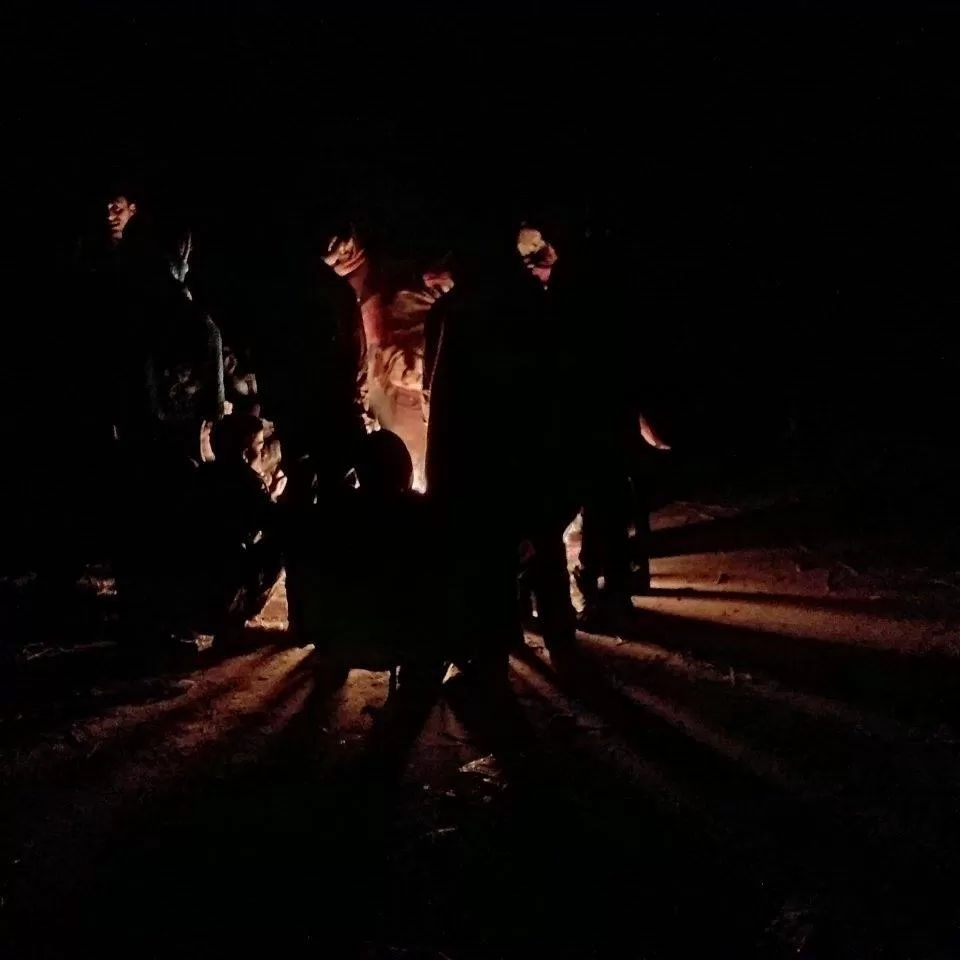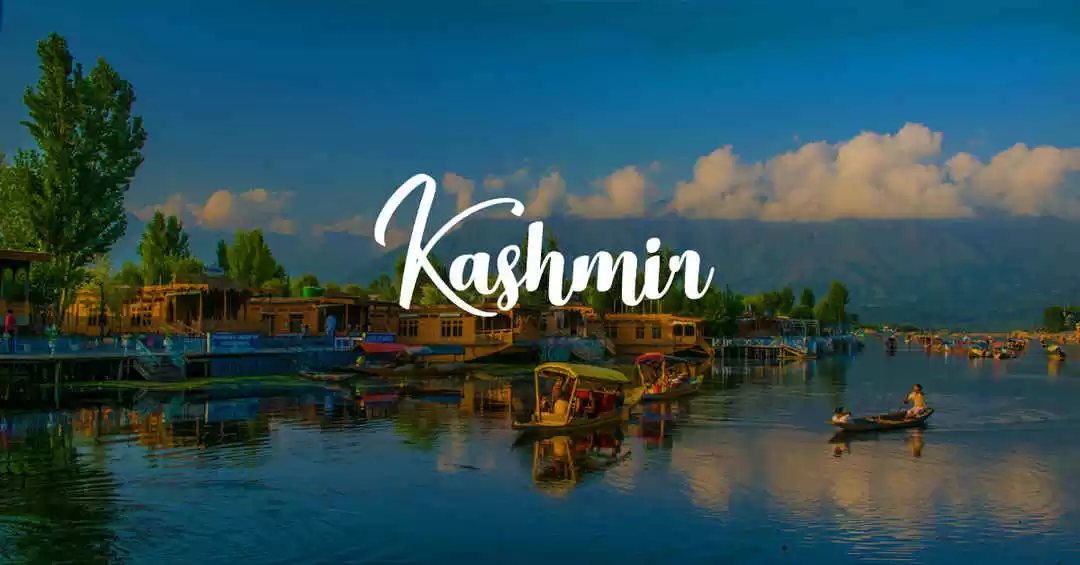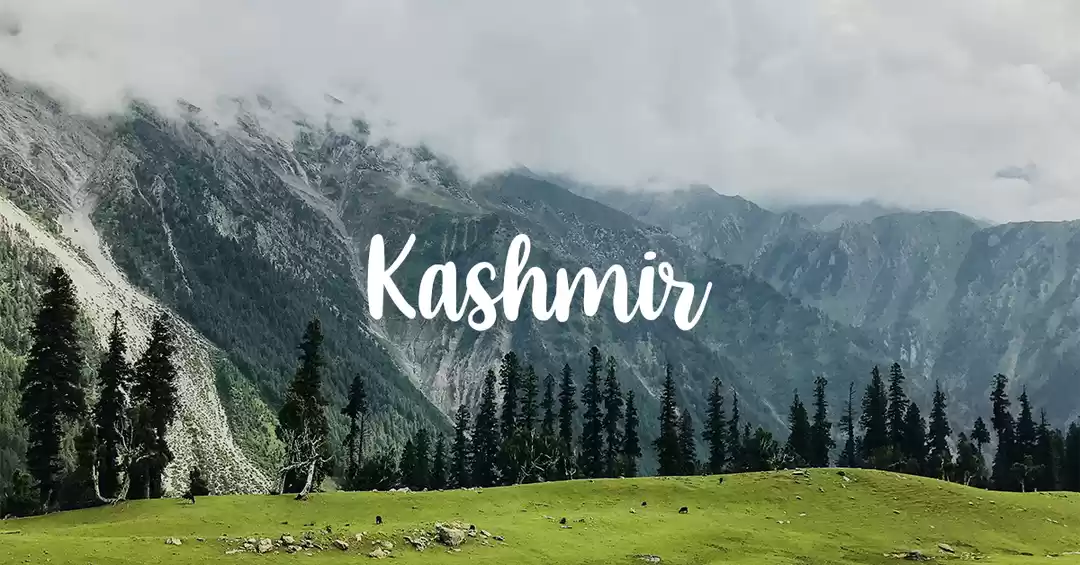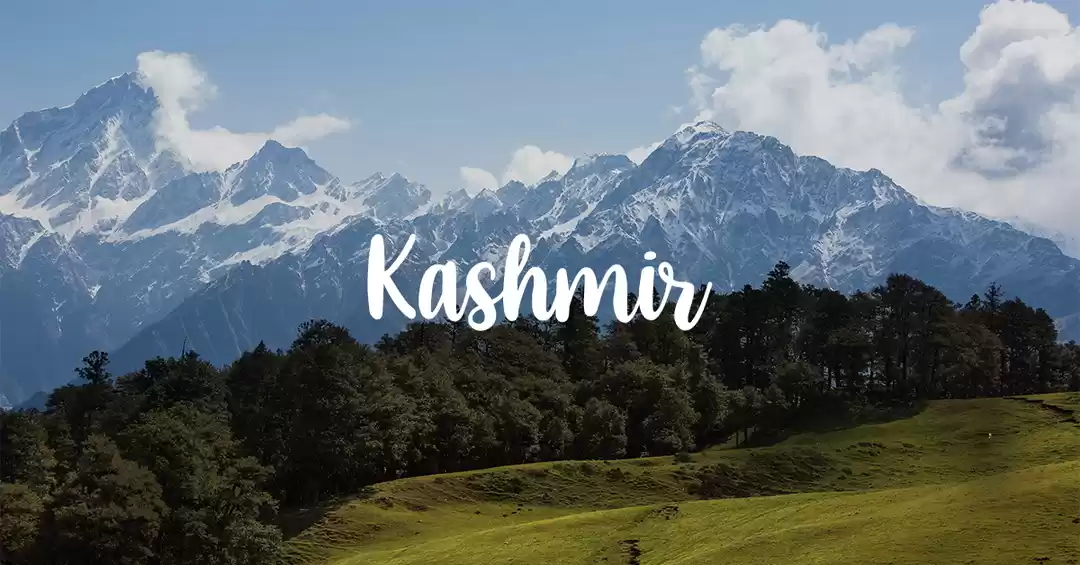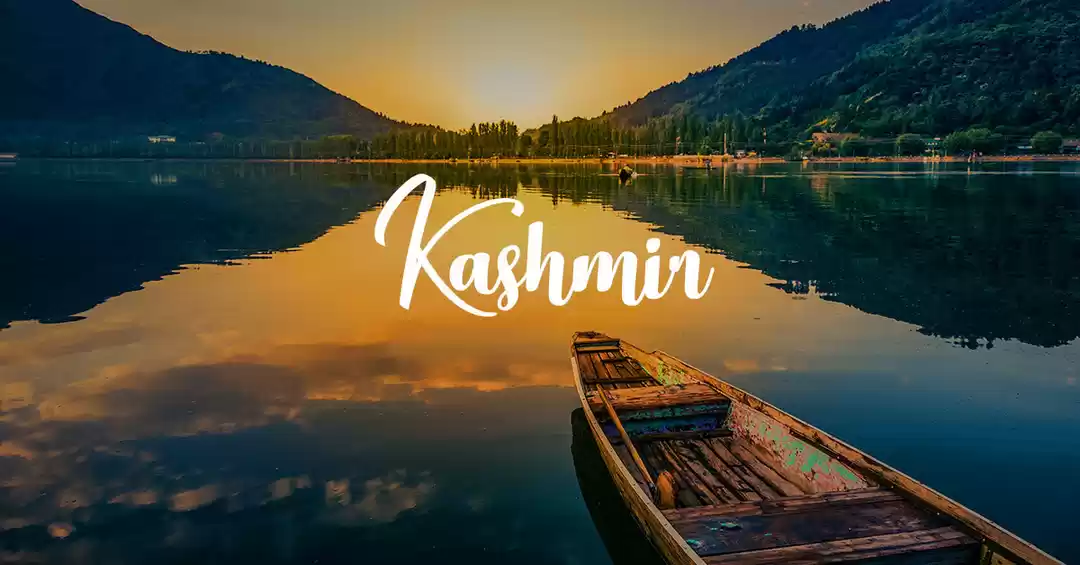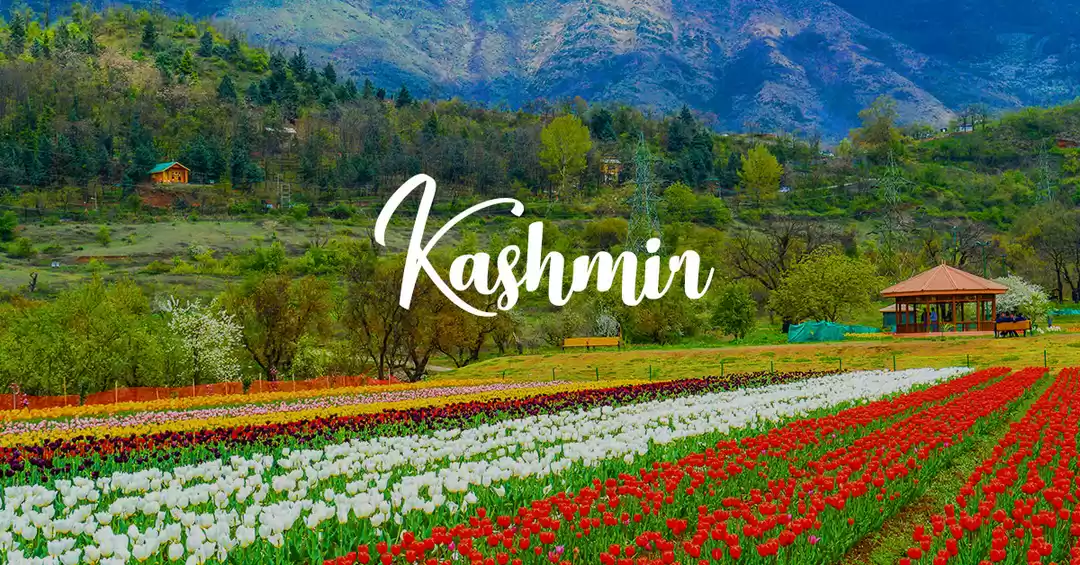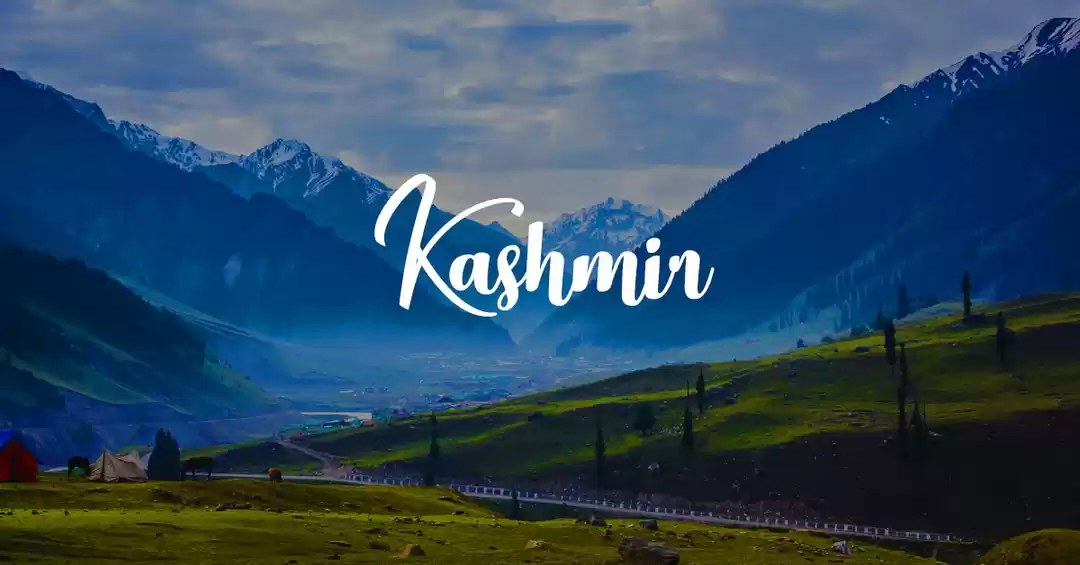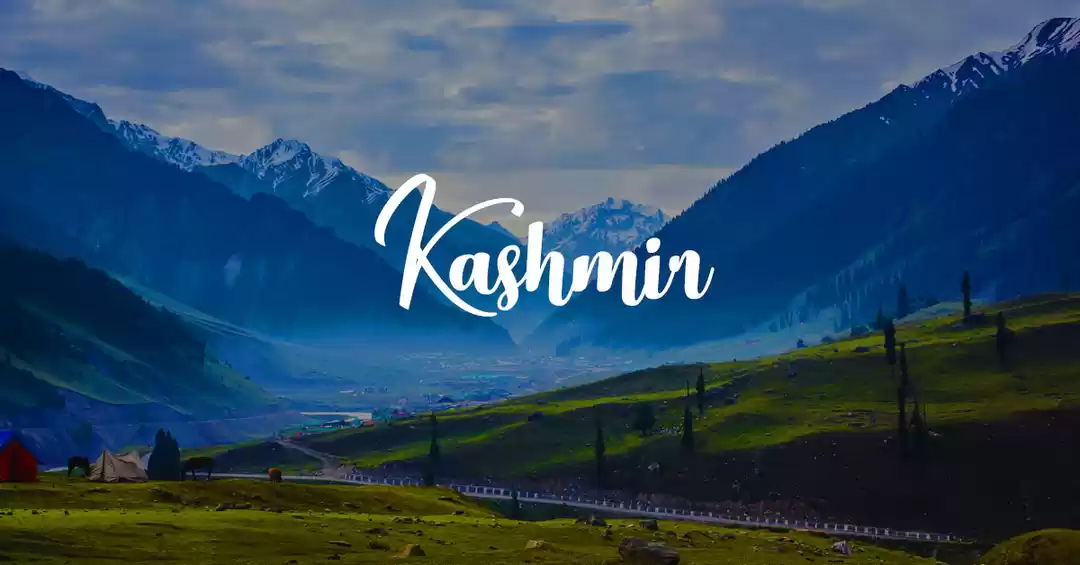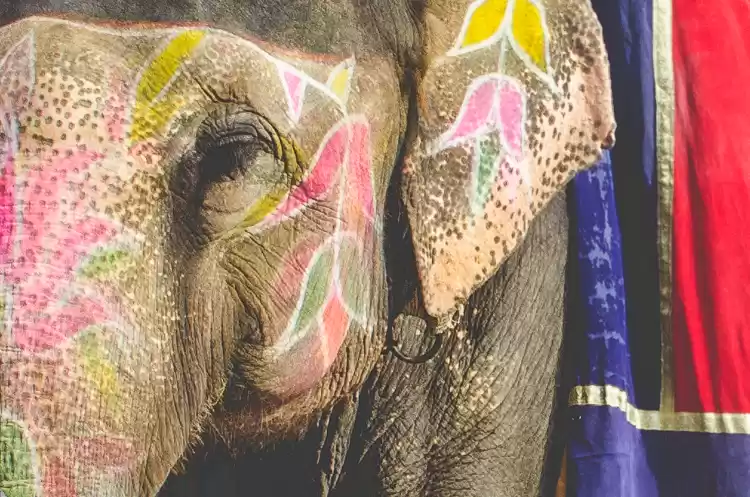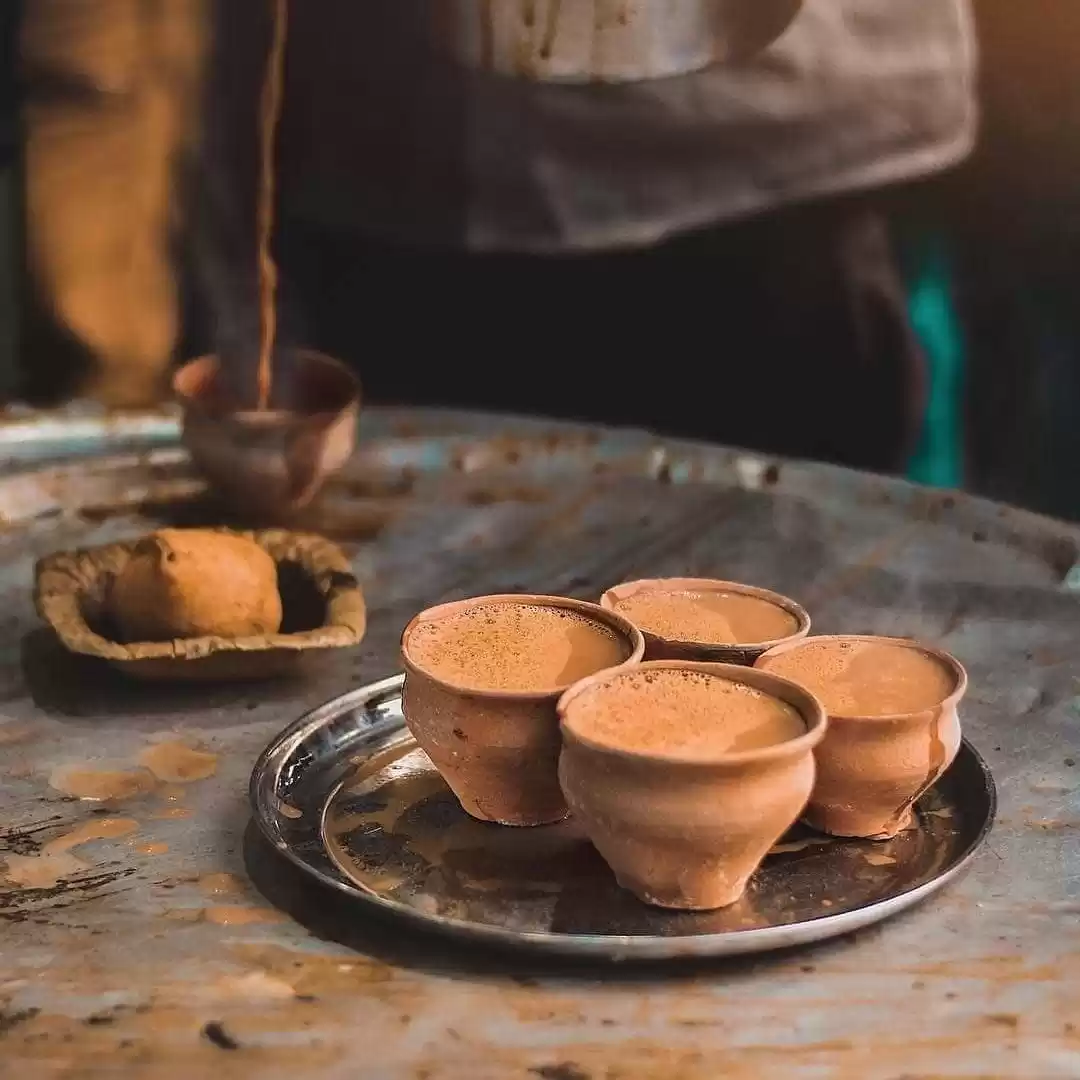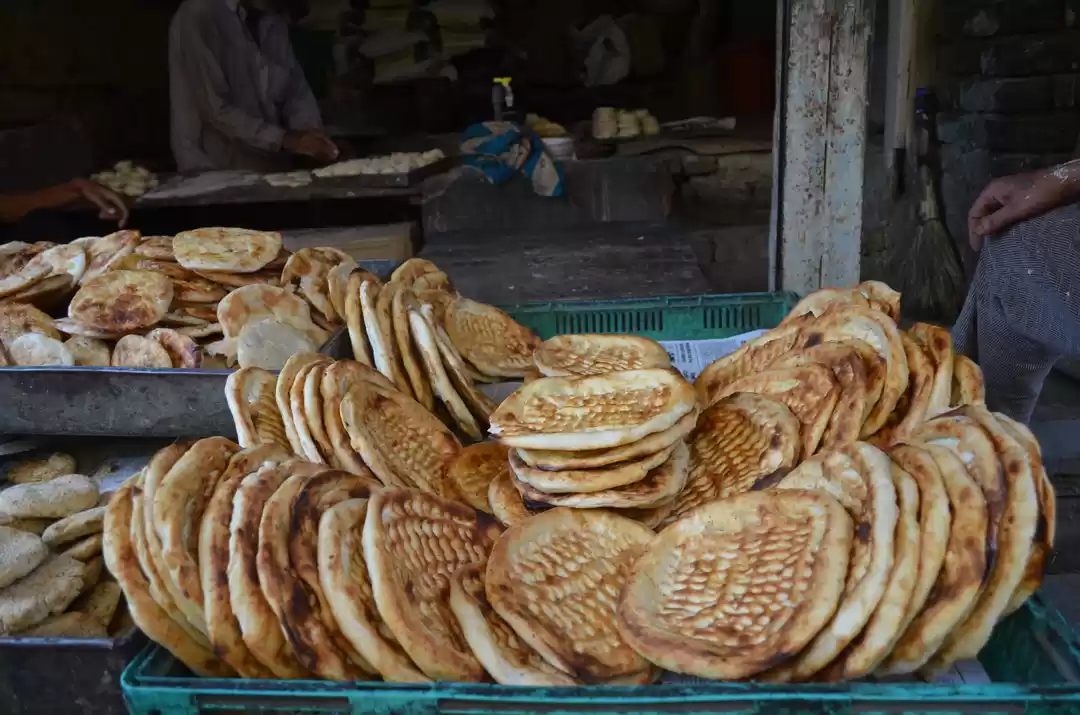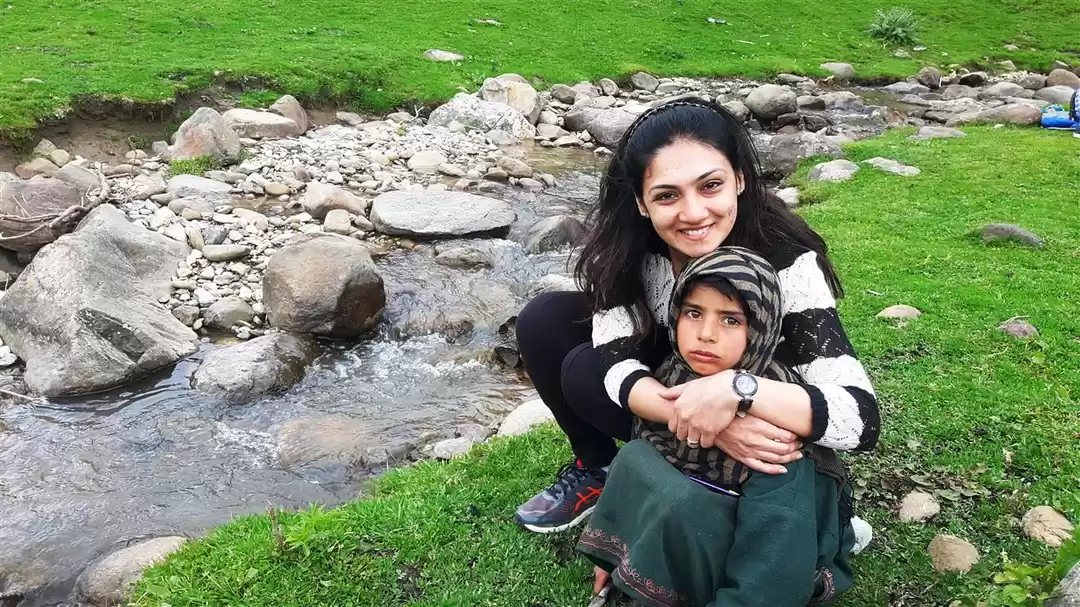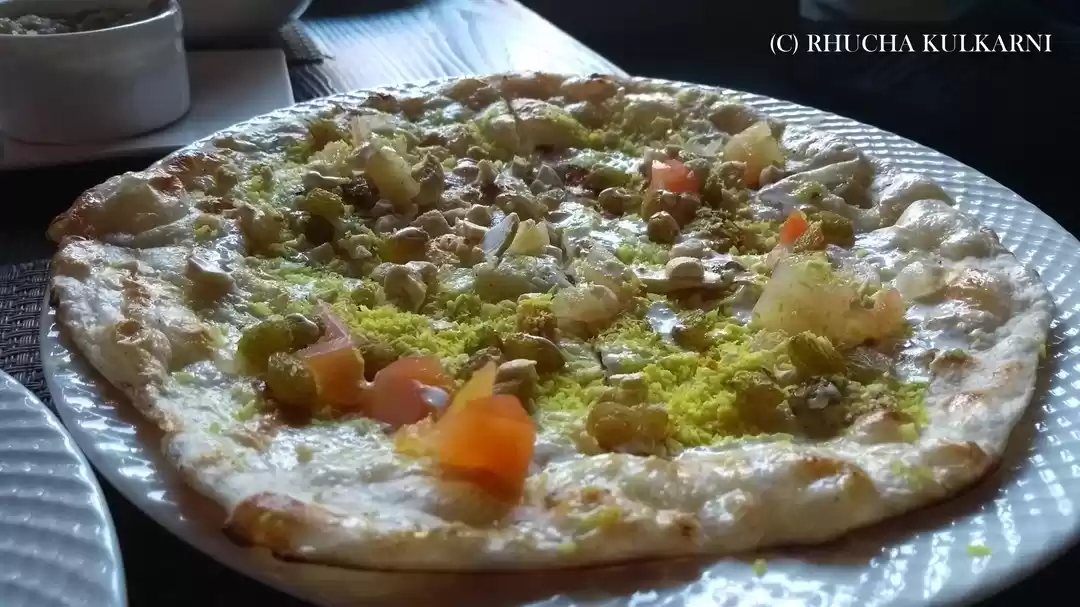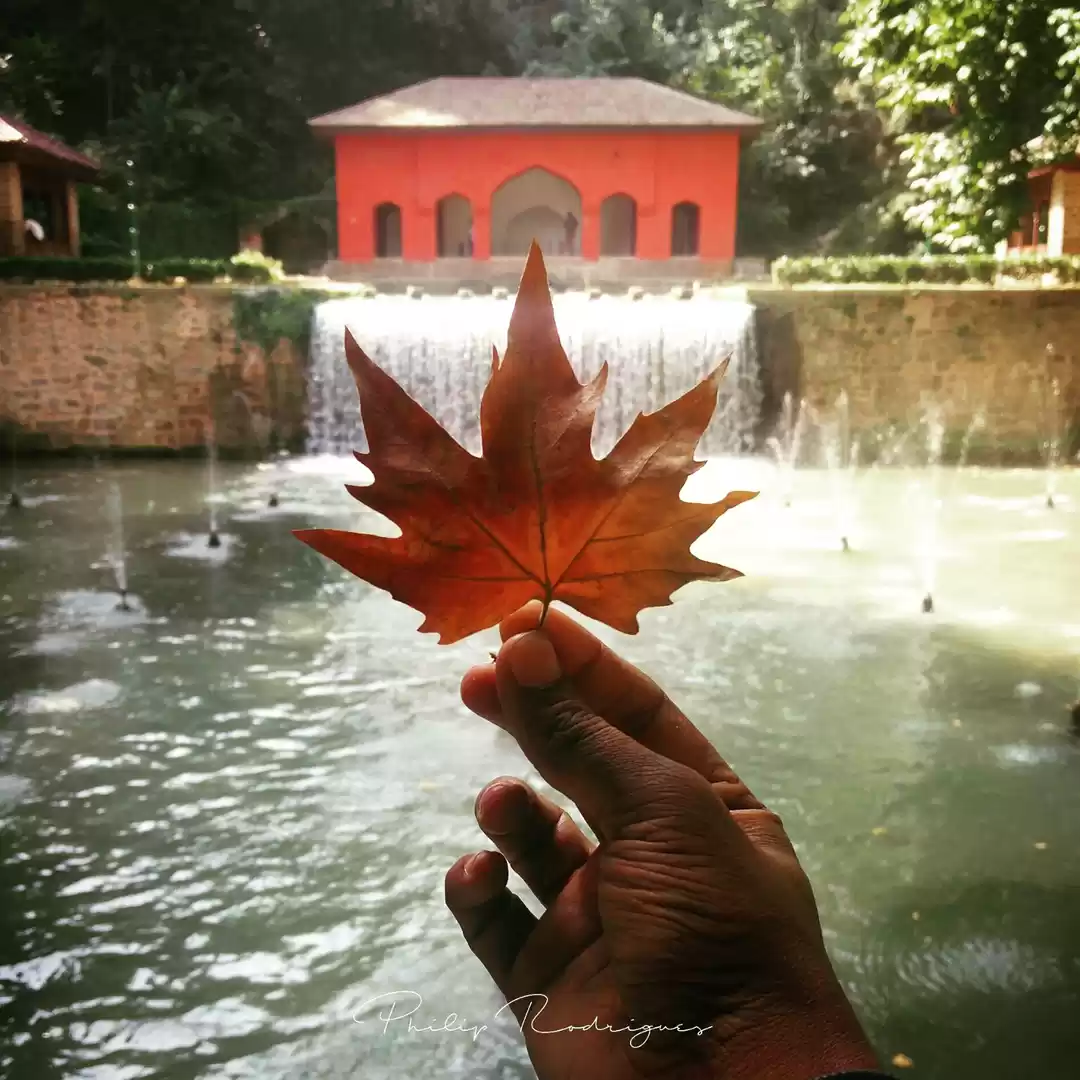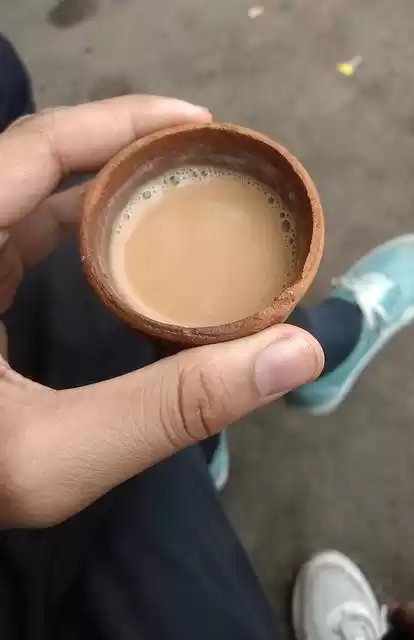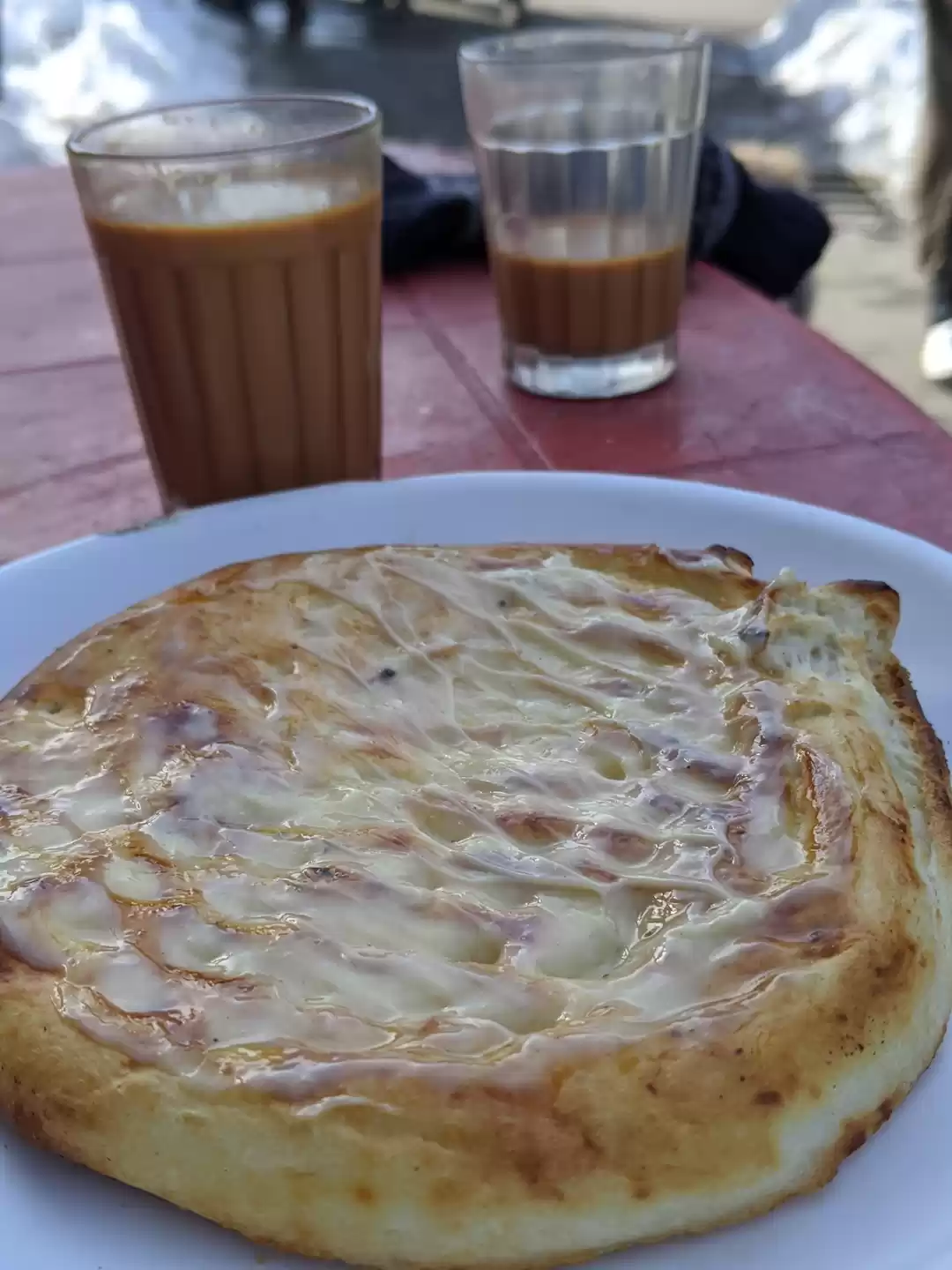It was my very first visit to Kashmir, and the roadways bus on which I was travelling, made a halt in mid-way, surrounded by tall rocky mountains. Couldn't recall where exactly was the halt. Though many passengers never felt a reason to make themselves uncomfortable from the warm occupancies, I was eager to get a tea for myself, and of course feel the strange land. Soon I de-boarded the bus, the snowy wind made me aware of the reason those passengers had, for not leaving the bus, but, it also reminded me of where I am and what to expect out of it. Anyways, a bonfire was nearby the stall, so I headed towards and asked for a tea. Soon after, I was offered a glass of tea. In a regular size Indian tea glass, it wasn’t a regular English tea, I was used to. It was kahba neither. I know it because once I had kahba while an Iftar celebration. What was that salty beverage after all?

One of the unique, flavorsome, oldest, yet unfortunately non-discussed beverage is noon chai, which I was sipping the first time. This form of chai (tea) is unique because it has lost its audience by folds in recent years, and is at present consumed by only few people around Kashmir (India) and Kashmir (Pakistan). It is believed that the tea causes gastric cancer as it excesses salt in body. Origin or invention of Noon chai (aka salted tea) has never found a concrete answer, as a section believe it to be found by Mughals, while others believe it to be inspired from the kind of tea Chinese found, as Chinese are attributed to be known to consume tea when no one was aware of it. At least for few Kashmiris who still enjoy noon chai, it’s matter of origin stands nowhere to the taste they celebrate every day. However, most of Kashmiris prefer Kahba which is also a form of tea, but way different from noon chai.

If you are in Kashmir, and are about to return without having a sip of this wonderful tea, rush back to any tea stall to get one for yourself, because this is not something you can prepare of your own. Preparation of noon chai is another fascinating fact, which would make you respect each drop of it, for sure. The beverage requires a different kind of tea leaves, and may take up to an hour for an authentic drink. It requires salt, and a pinch of baking soda (to give the tea a pinkish look and add some more flavour). Many people prefer a bit of milk these days, while the traditional procedure excludes it.

I was offered a bread loaf, even I didn’t ask for it. While taking that loaf of bread, I saw everyone who were sipping the tea, had that bread as well. The buttery bread was bit tasteless when I ate it, but post sipping the tea along with, I found the combination working wonderfully. The tea cost me Rs.10 and the bread the same price. I am sure, there would be lot of traditional food which might not make its presence into next generation or the second next, and this pink tea could be one of them. So, do taste this traditional Kashmiri beverage, before its existence gets limited to literature.
Recipe-
Just in case, you want to know how to prepare, you need not to google it. Click here. Although, if you follow Sanjeev Kapoor, here is his version.
Buy-
Or in case, you're so impressed, that you want to have a sip at your own backyard, click here to refer to a noon chai seller (please don't consider it as an endorsement. Its just my way to stop you to google unless you're very determined).

